The World Is Changing: Indonesia, a Symbol of the Rise of the Asian Pivot
Bobby Ciputra sees Prabowo's presence alongside Xi, Putin, and Kim as more than ceremony — a signal that Indonesia is emerging as a strategic player in a shifting global order, aligning with the rise of an Asian axis and modern socialist ideals.
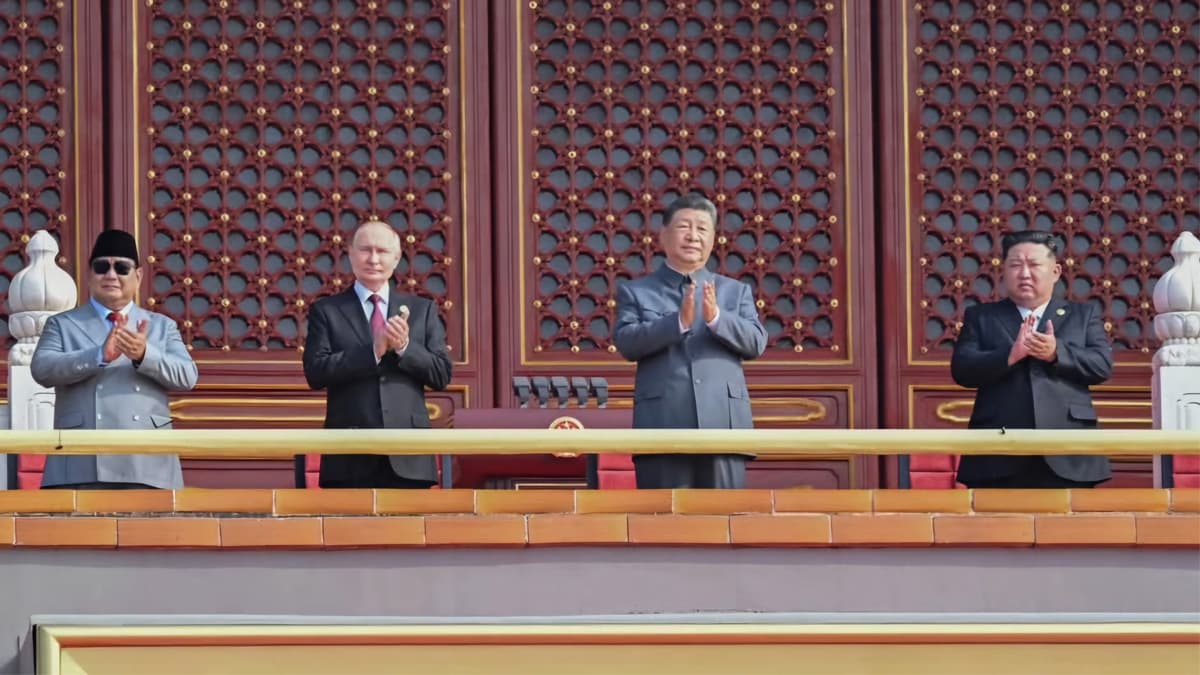
What does Prabowo Subianto's presence on the Beijing stage mean for the world?
This simple question suddenly went viral online after a photo of a Chinese military parade went viral.
The image, showing Xi Jinping, Vladimir Putin, Kim Jong Un, and Prabowo Subianto standing side by side as if representing "The Greatest Four," captured the global spotlight. Is Indonesia now changing course, or is it engaging in a much more complex diplomatic exercise?
Many people considered it merely a ceremony. But politics is rarely that simple.
A Shocking Chinese Military Parade
The military parade in Beijing on September 3, 2025, was more than just a show of power. Thousands of troops lined up in neat rows, fighter jets streaked across the sky, and ballistic missiles were launched before the world's eyes. The 80th anniversary of China's victory over Japan was like a loud message: China is no longer a nation trampled by history, but a power ready to shape the future.
What was more shocking was not the roar of tanks, but who was in attendance. Xi Jinping stood on stage with Vladimir Putin, Kim Jong Un, and Prabowo Subianto. This configuration immediately sparked global discussion. The world is aware that the parade is a political stage. China is using historical momentum to assert its current position. And Indonesia is also in the spotlight, part of the symbol of the rising Asian axis.
Movement and Change
History is always in motion. The 20th century was marked by World Wars and the Cold War. Now, the 21st century is marked by major shifts. The West no longer holds absolute control. China is growing as an economic and military power. Russia, despite sanctions, remains influential. North Korea remains a symbol of resistance.
Indonesia can no longer be a mere spectator. With the fourth largest population, the largest economy in Southeast Asia, and the third largest democracy in the world, we hold a unique position. Prabowo's presence in Beijing signals that Indonesia is beginning to be treated as a strategic power. The world is changing, and Asia is becoming the main stage for that change.
Prabowo's Role and Sukarno's Legacy
Prabowo's presence in Beijing is reminiscent of Sukarno. Six decades ago, Sukarno stood firm against Western domination. He established the Jakarta-Beijing-Pyongyang-Moscow axis.
Today, that image reappears. The difference is that Prabowo's presence isn't with revolutionary rhetoric, but rather with a pragmatic, nationalist style. But the symbolism is the same: Indonesia is demonstrating that it isn't solely facing the West.
For China, Indonesia is the gateway to Southeast Asia, with strategic maritime routes and a large market. For Russia, Indonesia is an old friend since the Sukarno era. For North Korea, Indonesia is one of the few countries that dares to maintain diplomatic relations without bowing to American pressure. Indonesia is not just large, but also a balancing force.
Trump's Sneak Peek and Western Tensions
Not everyone was comfortable with the gathering. United States President Donald Trump immediately took a jab at Xi Jinping, Putin, Kim Jong Un, and even Prabowo. He accused the meeting of being an attempt to "conspire against America."
The sneer actually confirmed one thing: that Beijing's moment is important. America is concerned about the rise of the Asian pivot, especially as Indonesia begins to enter that orbit. In Washington's view, Prabowo's presence in Beijing can no longer be taken for granted. He is a sign that the global balance is shifting.
However, if we look at the full list of 26 invited countries, the number is relatively small compared to the large number of UN member states, but an interesting pattern emerges. Most are countries not strongly aligned with the Western bloc: non-aligned countries, members of the Shanghai Cooperation Organization (SCO), and countries with historical ties to China or Russia.
This suggests that China is inviting not only ideological allies but also important strategic partners relevant to the new world order. Indonesia, as Southeast Asia's largest economy and a member of the G20, is one of these key partners.
Modern Socialism and Indonesia's Presence
The military parade in Beijing not only displayed military might, but also a vibrant ideology: socialism with a modern face. China, Russia, and North Korea demonstrated that socialism can take new forms, no longer merely a classical doctrine, but a political, economic, and self-reliant strategy in the face of global pressure.
Prabowo's presence among these leaders conveyed a distinct message. It echoed Prabowo's dream of becoming a socialist leader in Asia. His passion for realizing social justice, rejecting foreign domination, and improving the people's economy aligns with the values echoed in the parade.
In a changing world, modern socialism does not have to be interpreted as a closed ideology. Instead, it can serve as a lens through which to observe how Asian nations build sovereignty without submitting to hegemony. At this point, Indonesia plays a crucial role as a bridge: not merely an observer, but part of a broader conversation about a more just and humane development model.
Once again, the image of Prabowo standing alongside Xi Jinping, Vladimir Putin, and Kim Jong Un will be remembered as a pivotal moment in global geopolitics. It's not just an image, but a symbol of the rise of the Asian axis. Indonesia's position, adhering to an independent and active policy, provides significant leverage for bridging diverse interests. The world is changing, and Indonesia is at the center of that change.
Bobby Ciputra, is a Leader of AMSI and part of the Indonesian Young Socialist Movement



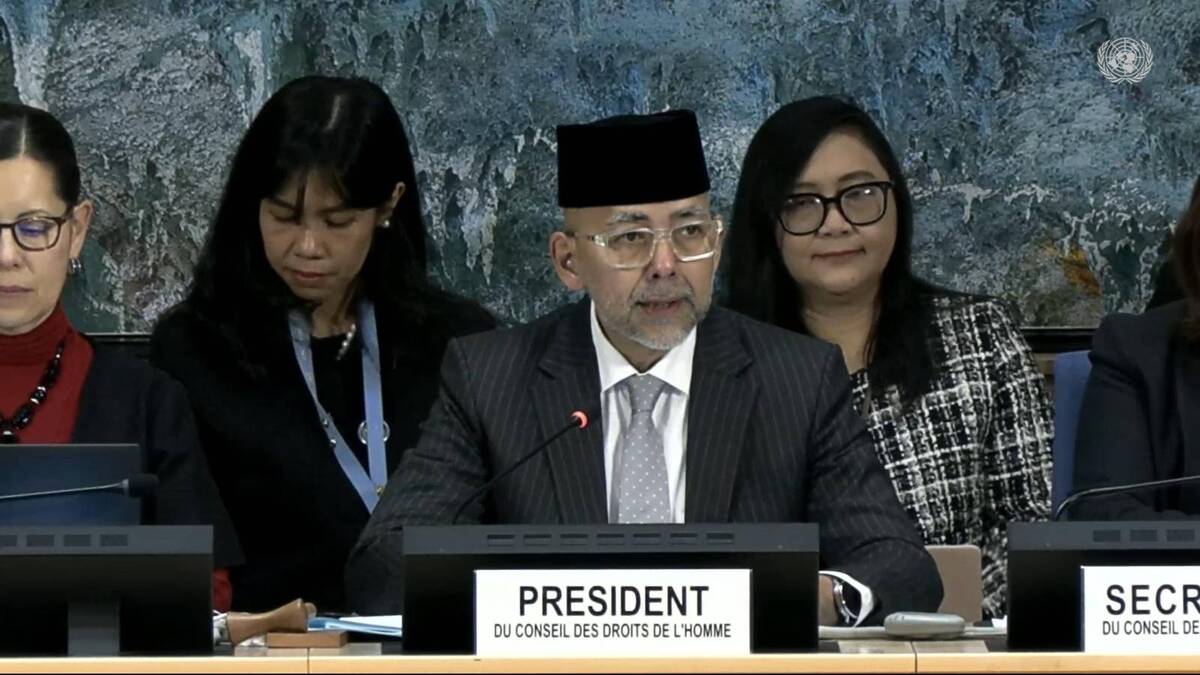
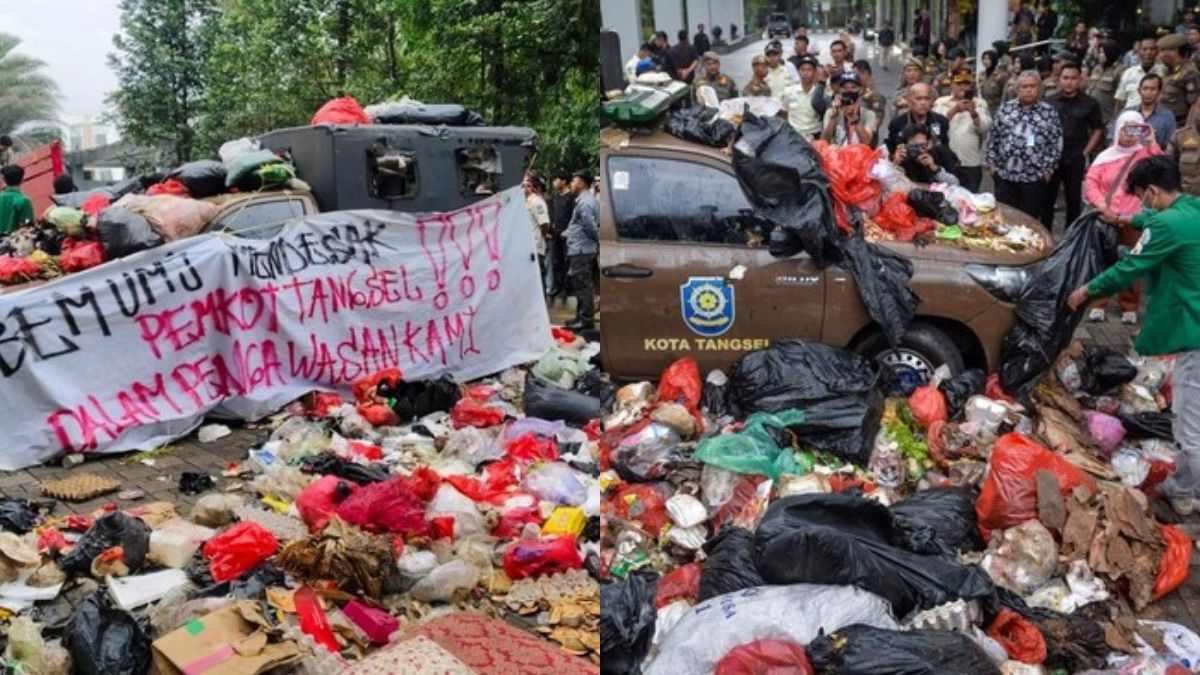
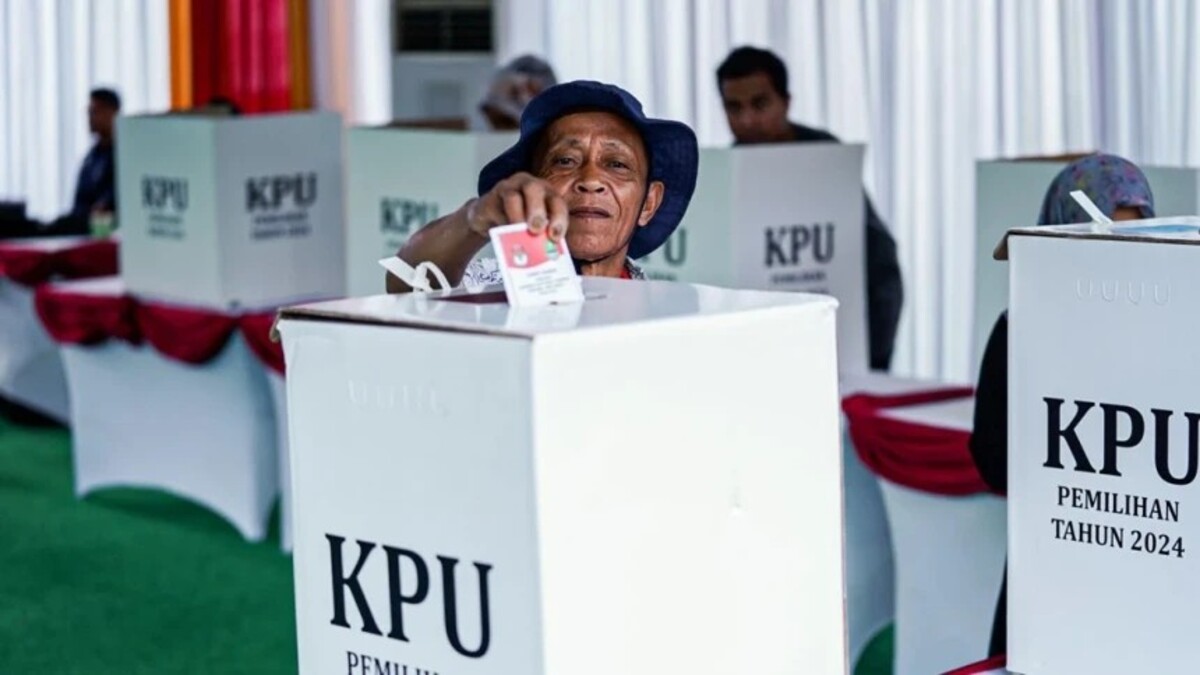
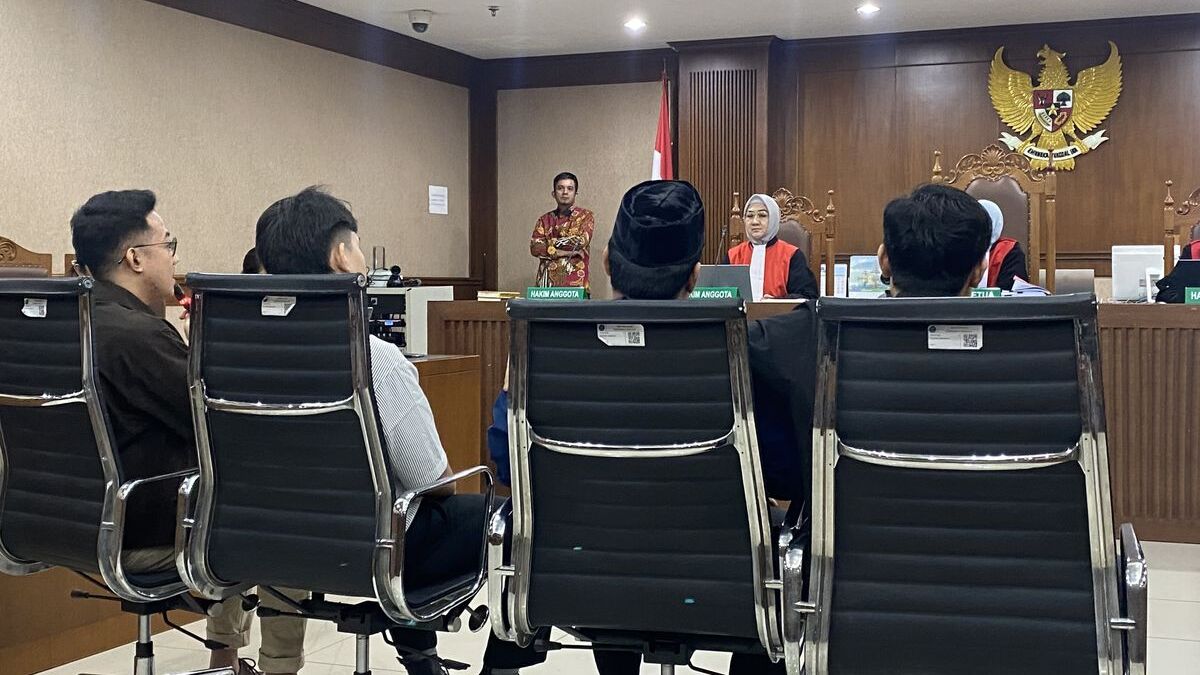

0 Comments